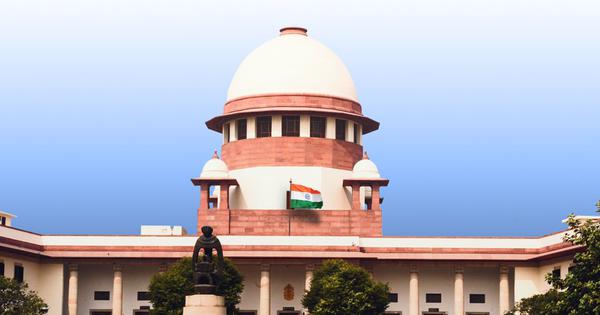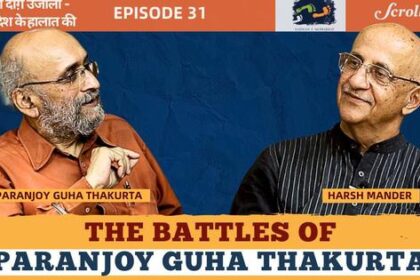Legal assistance to be provided for appeals following significant exclusions from the voter list in Bihar.
The Supreme Court has issued a directive to the Bihar State Legal Services Authority to ensure that free legal aid is made available for all voters who have been excluded from the electoral roll due to a special intensive revision of the list. The bench, comprising Justices Surya Kant and Joymalya Bagchi, emphasized the urgency of the situation, urging the authority to inform all District Legal Services Authorities promptly, as the deadline for filing appeals is approaching.
This directive extends to voters whose names were not included in the draft electoral list. Recent statistics indicate that approximately 47 lakh voters were removed from the final electoral roll, which was published by the Election Commission on September 30. The draft rolls had been made public on August 1, allowing individuals and political parties a window until September 1 to submit claims and objections.
The initial draft contained a total of 7.2 crore electors, from which 65.6 lakh names were subsequently eliminated. The Supreme Court’s order came after it identified inconsistencies in affidavits submitted by individuals claiming wrongful exclusion. The court is scheduled to revisit the matter on October 16, as it continues to hear a series of petitions challenging the electoral roll revision in Bihar, a process that was initiated by the Election Commission on June 24.
As part of this electoral revision exercise, individuals whose names were absent from the 2003 voter list were required to present proof of their eligibility to vote. Petitioners opposing this revision contended that around 3.66 lakh voters whose names were removed after the draft publication were left without the opportunity to appeal, as the Election Commission had not issued formal notifications regarding their exclusion.
During the proceedings, activist Yogendra Yadav called upon the Supreme Court to instruct the Election Commission to reveal the number of individuals deemed ‘foreigners’ and subsequently removed from the voter rolls during this intensive revision. He raised concerns regarding the accuracy of the final list, alleging that many names were nonsensical and questioning the Election Commission’s failure to utilize software to eliminate duplicate entries. According to Yadav, there are 4.21 lakh instances of incorrect house numbers and 5.24 lakh duplicate names within the records, with some cases showing discrepancies where the final list contains 3,000 more names than the draft.
The Election Commission had earlier defended the voter roll revision as a necessary clean-up effort aimed at removing deceased individuals, duplicate entries, and undocumented migrants ahead of upcoming elections. In a previous ruling, the Supreme Court had instructed the Election Commission to accept Aadhaar cards as valid identity proof for the ongoing revision, despite the Election Commission initially excluding it from the list of acceptable documents. This exclusion had drawn criticism from several petitioners who deemed it unreasonable, particularly given that Aadhaar is the most widely held form of identification.
As the situation evolves, the Supreme Court has indicated that the entire electoral revision process could be annulled if deemed illegal. A recent analysis of data released by the Election Commission revealed that women constituted 55% of those excluded from Bihar’s draft voter list, highlighting significant demographic implications. Additionally, five of the ten districts in Bihar with the largest Muslim populations recorded the highest numbers of voters excluded from the list.








